According to the orientation, Hanoi will take the lead in data-based management and operation, applying
digital technology and data analysis in all activities. The average GRDP growth rate by 2025 is expected to reach 8.5%, creating a foundation for double-digit growth in the following years.
 |
| Hanoi strives to become a smart city by 2030. (Photo: TL) |
Smart infrastructure - development platform
Hanoi identifies smart urban technical infrastructure and smart information infrastructure as the foundation for the city to gradually become the
economic , financial, commercial, cultural, educational, scientific and technological center of the country. At the same time, the capital will promote deep international integration, enhancing its position in the regional smart urban network.
Smart urban development focuses on people, aiming to improve the quality of life, optimize services and utilities. Construction and operation are based on core resources such as urban data, ensuring safety, information security and protecting national sovereignty in cyberspace.
Perfecting institutions, promoting digital transformation
Based on the issued mechanisms, policies and regulations, Hanoi will review, adjust and develop a smart urban development strategy associated with infrastructure modernization and building a digital urban government platform. The city focuses on applying artificial intelligence in management, administration and serving people and businesses; at the same time promoting digital transformation, green transformation, mobilizing and coordinating resources, calling for domestic and foreign investment.
All levels and sectors urgently complete institutions, turning them into competitive advantages in science, technology, innovation and digital transformation. The city also increases investment in science and technology infrastructure, develops and utilizes high-quality human resources.
Smart transportation and infrastructure
An important focus is the development of smart urban infrastructure applications and services. In the field of transportation, Hanoi will deploy adaptive signal control systems, traffic monitoring and analysis, non-stop electronic toll collection, and smart bus station and parking management. At the same time, it will build infrastructure for green vehicles with a system of electric charging stations and power stations.
The city encourages smart urban projects to serve as testbeds for technologies, products, and services prioritized by the national strategy on science, technology, innovation, and digital transformation. The pilot must be open, transparent, risk-managed, and protect public interests and the rights of participants.
Pilot mechanism creates breakthrough
Hanoi applies a Regulatory Sandbox to test new technologies, services, business models or policies related to smart cities. This mechanism is implemented on the basis of laws on digital technology industry, science - technology, innovation, and the National Assembly's resolution on a number of special mechanisms and policies, aiming to create breakthroughs in science - technology development, innovation and national digital transformation.
| Applying new technology, encouraging piloting The City People's Committee encourages communes to proactively research and pilot smart urban areas and buildings applying BIM, CIM, GIS, GEOAI, and IoT. The goal is to create a digital copy to serve smart urban development. Key items include: Smart energy: grid capable of monitoring, load management, renewable energy integration, real-time measurement. Smart public lighting: energy-saving devices, brightness adjustment sensors, monitoring, fault warning. Smart water supply and drainage: quality monitoring sensors, leak, loss, flood warnings, and a database system for operations. Smart solid waste management: collection monitoring, route optimization, application of advanced treatment technology for energy recovery. |
Source: https://thoidai.com.vn/ha-noi-ban-hanh-ke-hoach-hanh-dong-phat-trien-do-thi-thong-minh-den-nam-2030-216195.html








![[Photo] Hanoi morning of October 1: Prolonged flooding, people wade to work](https://vphoto.vietnam.vn/thumb/1200x675/vietnam/resource/IMAGE/2025/10/1/189be28938e3493fa26b2938efa2059e)









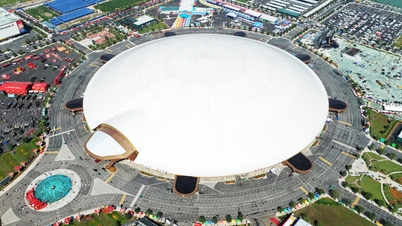











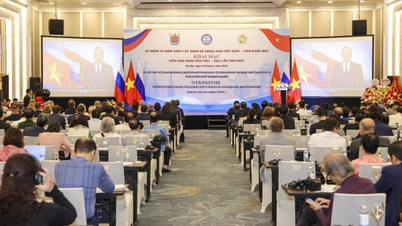


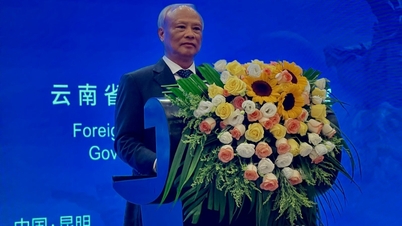


![[Photo] President Luong Cuong receives President of the Cuban National Assembly Esteban Lazo Hernandez](https://vphoto.vietnam.vn/thumb/1200x675/vietnam/resource/IMAGE/2025/9/30/4d38932911c24f6ea1936252bd5427fa)
![[Photo] Panorama of the cable-stayed bridge, the final bottleneck of the Ben Luc-Long Thanh expressway](https://vphoto.vietnam.vn/thumb/1200x675/vietnam/resource/IMAGE/2025/9/30/391fdf21025541d6b2f092e49a17243f)
![[Photo] The 1st Congress of Phu Tho Provincial Party Committee, term 2025-2030](https://vphoto.vietnam.vn/thumb/1200x675/vietnam/resource/IMAGE/2025/9/30/1507da06216649bba8a1ce6251816820)
























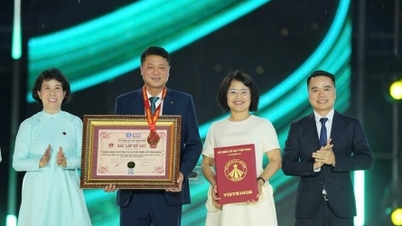
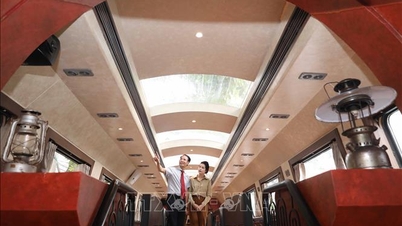


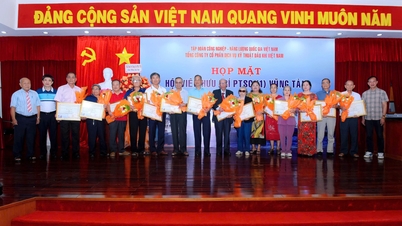


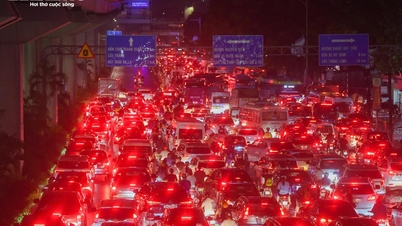




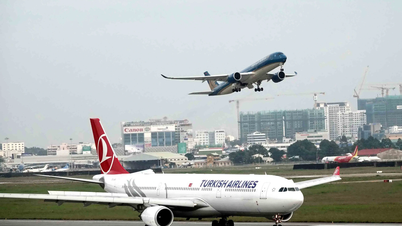
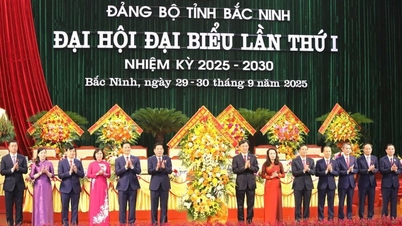








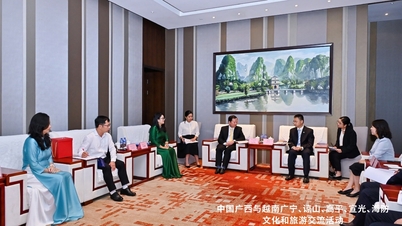

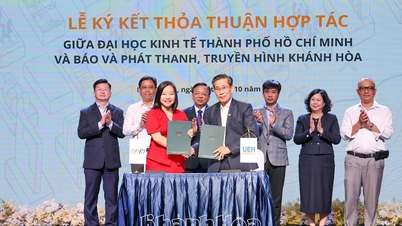





















Comment (0)